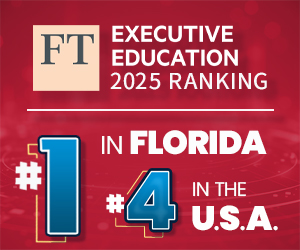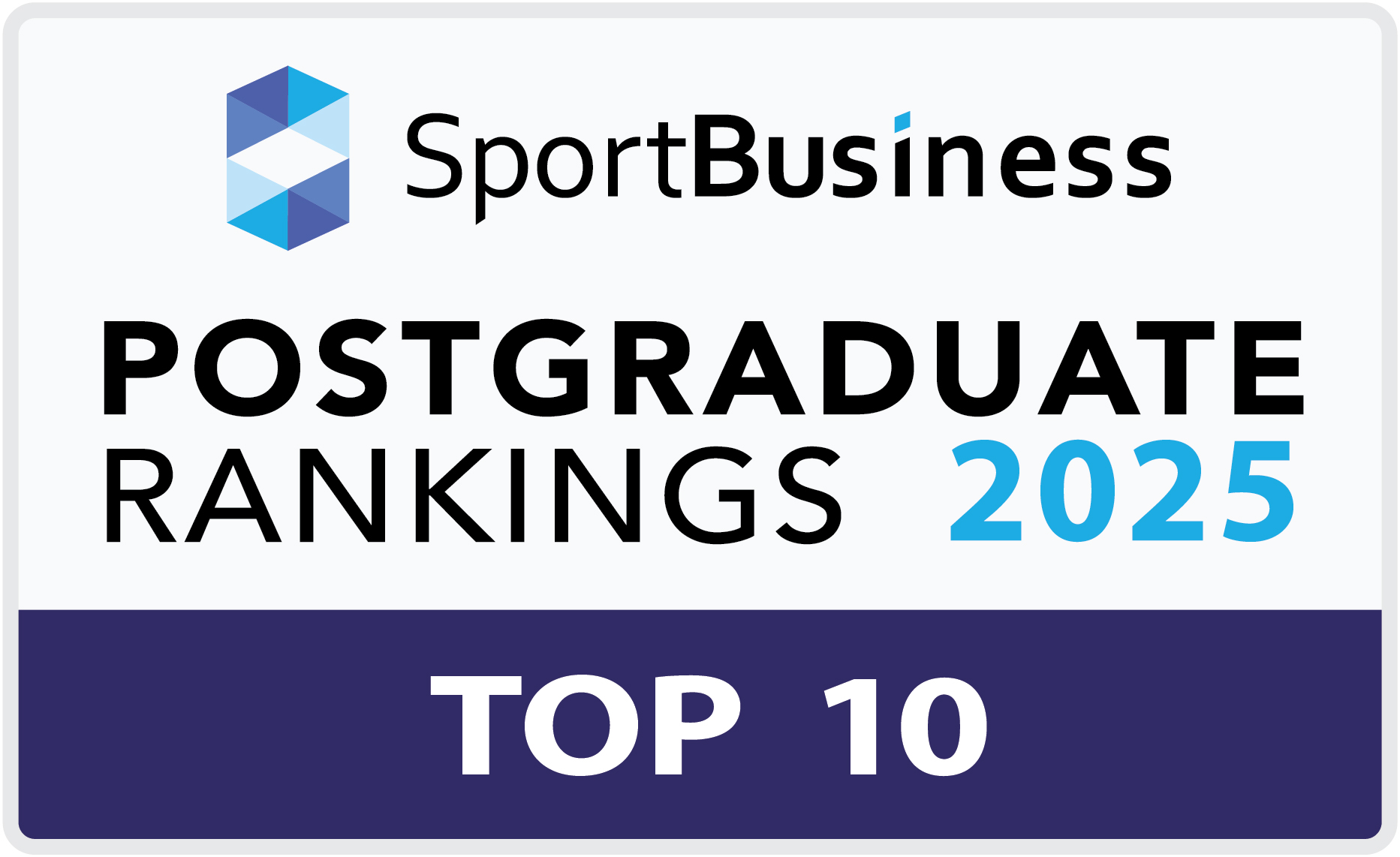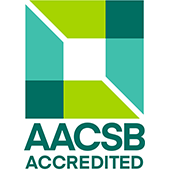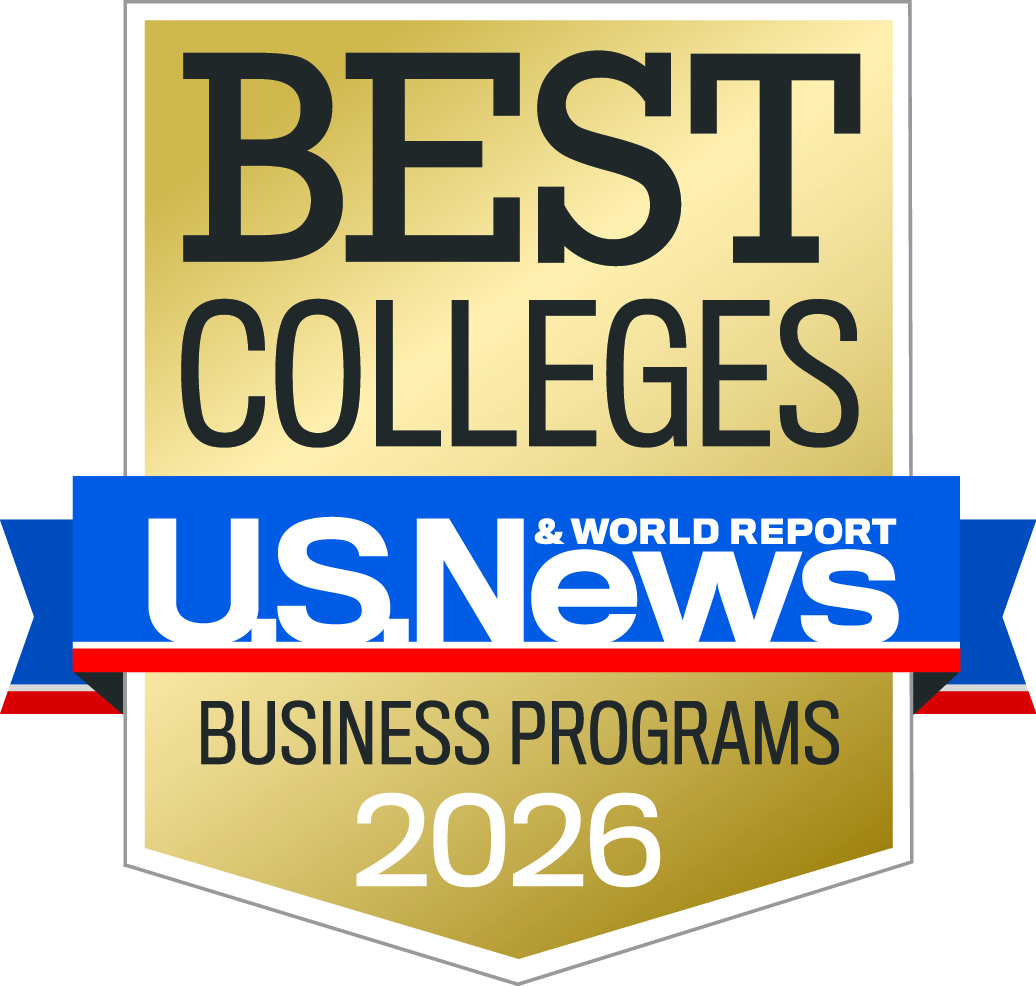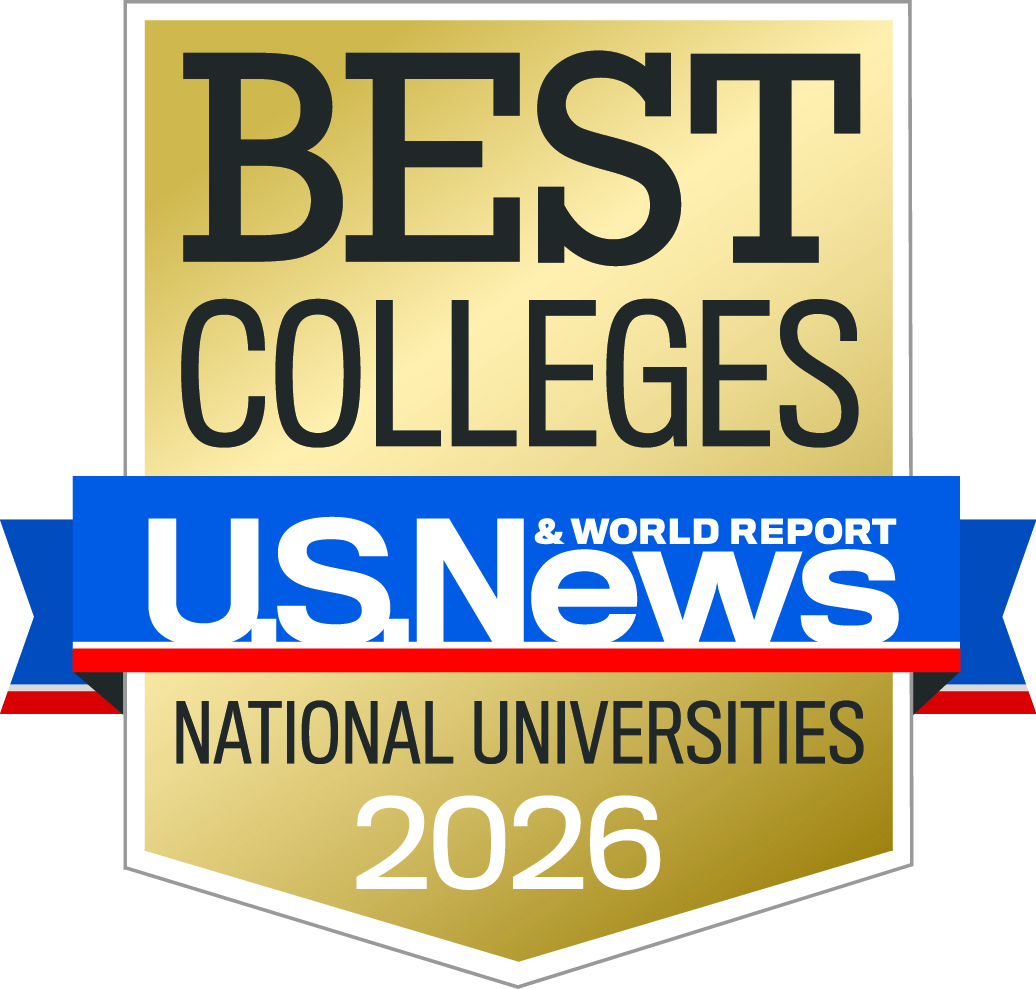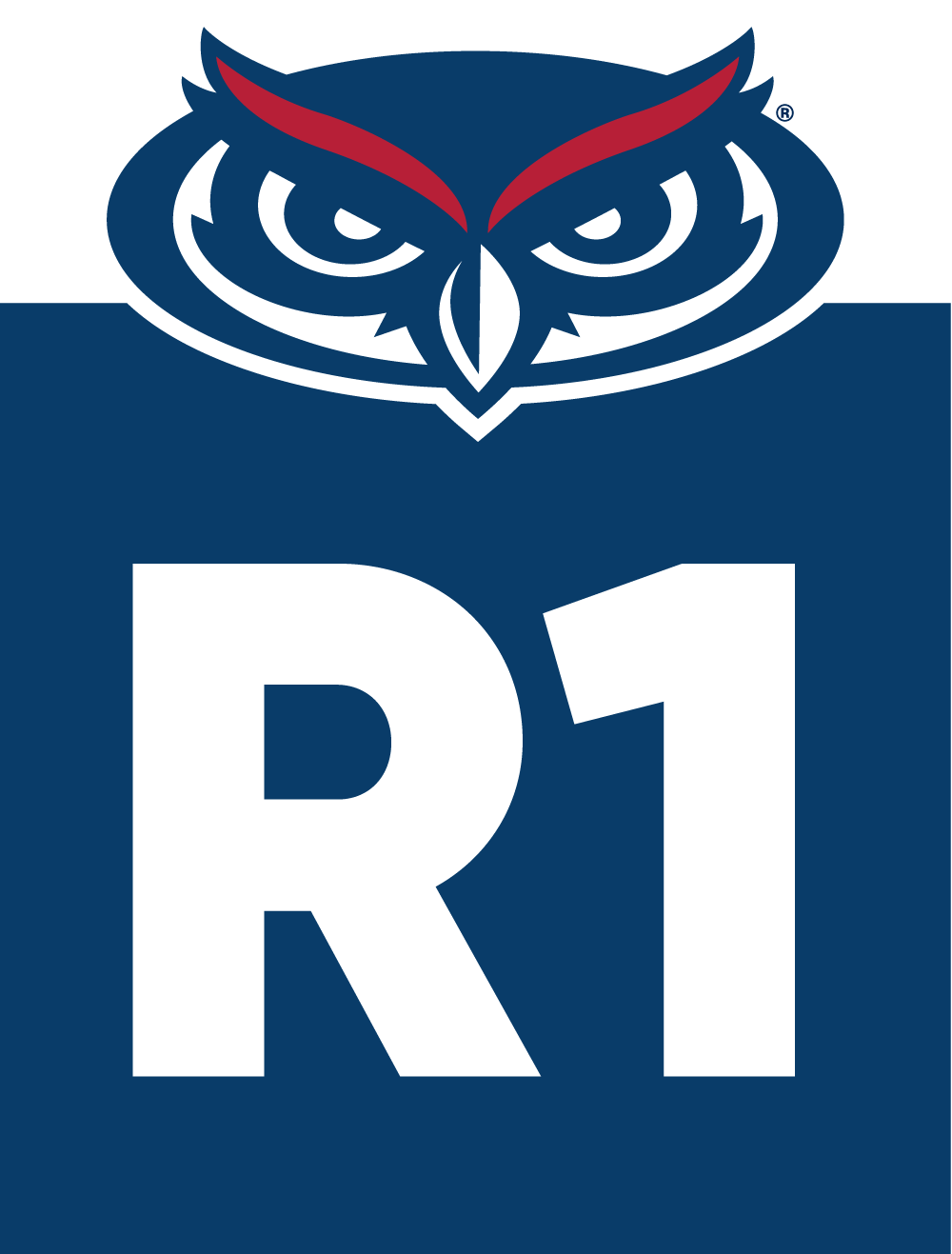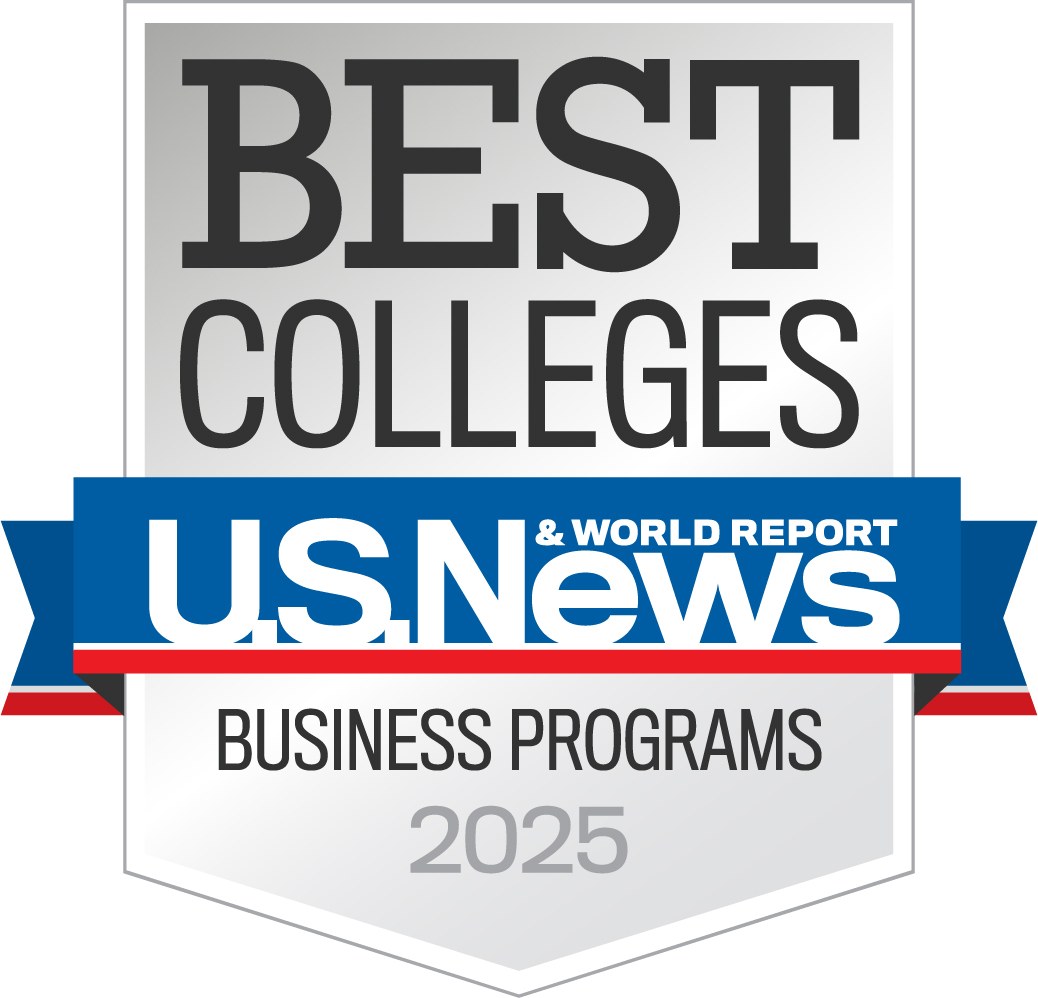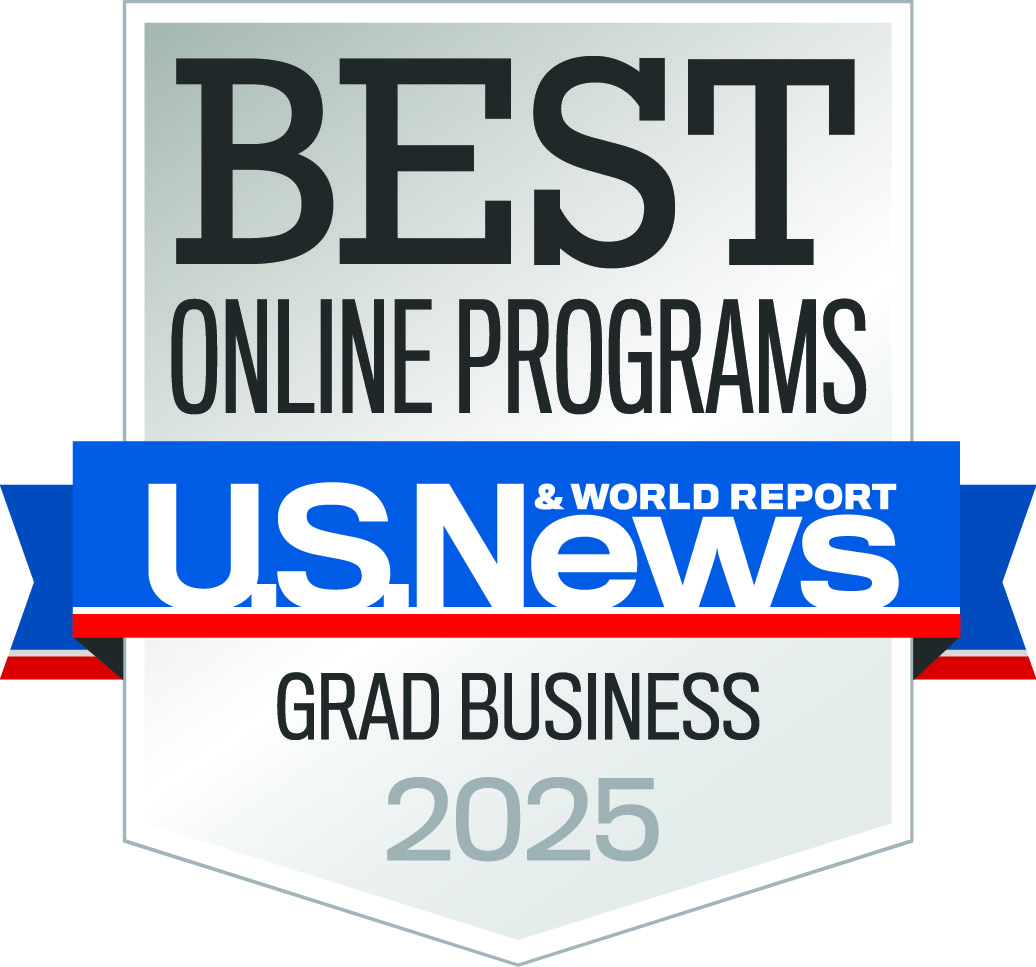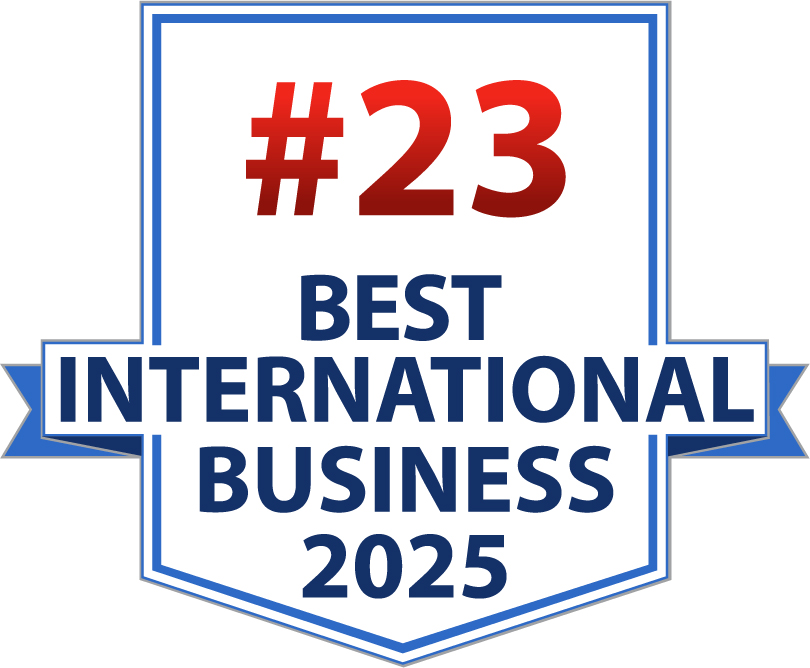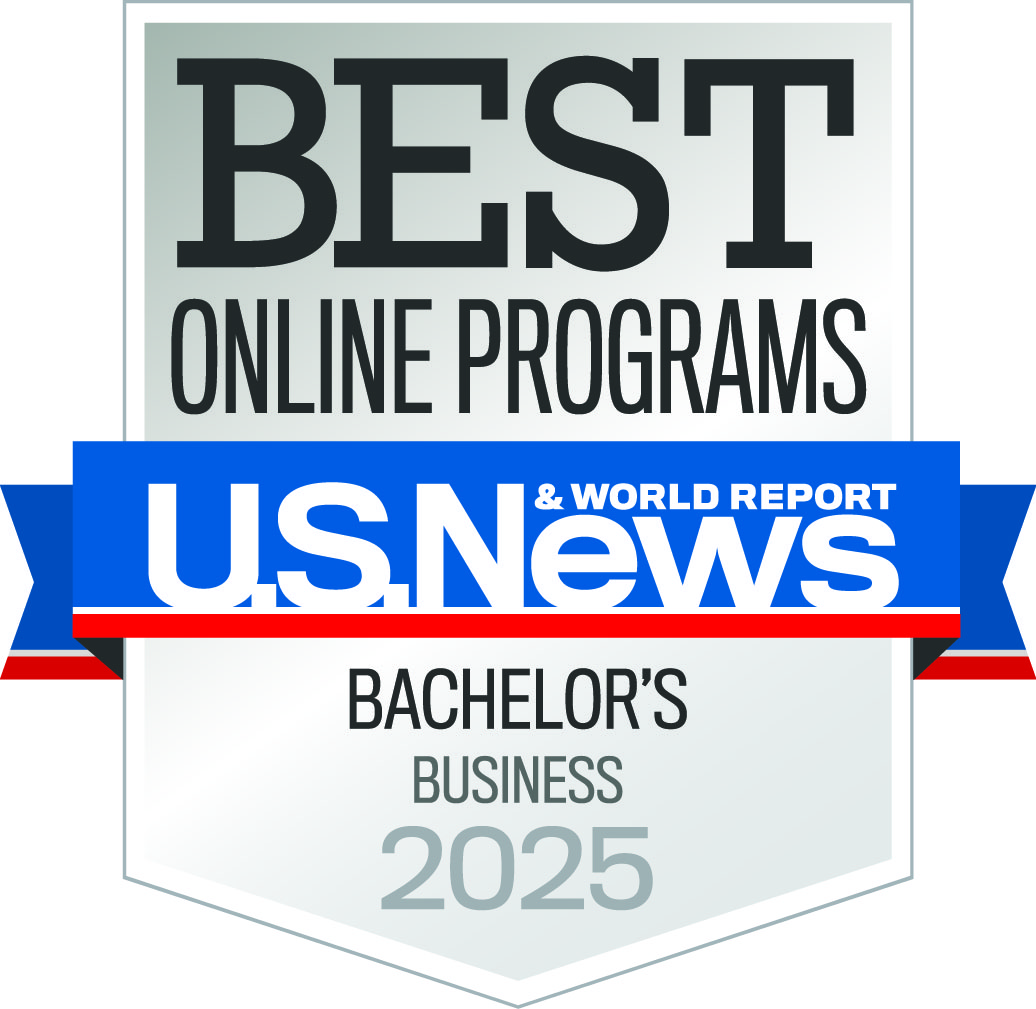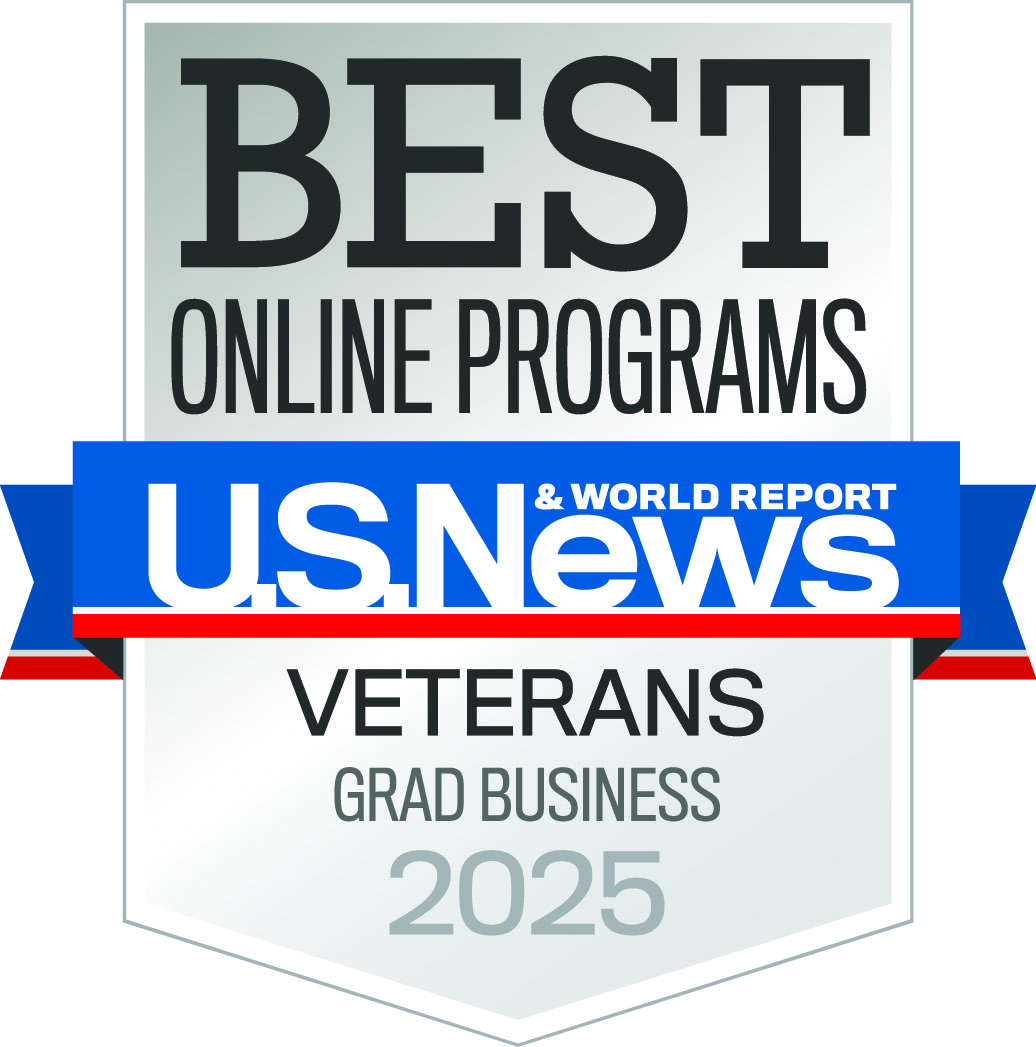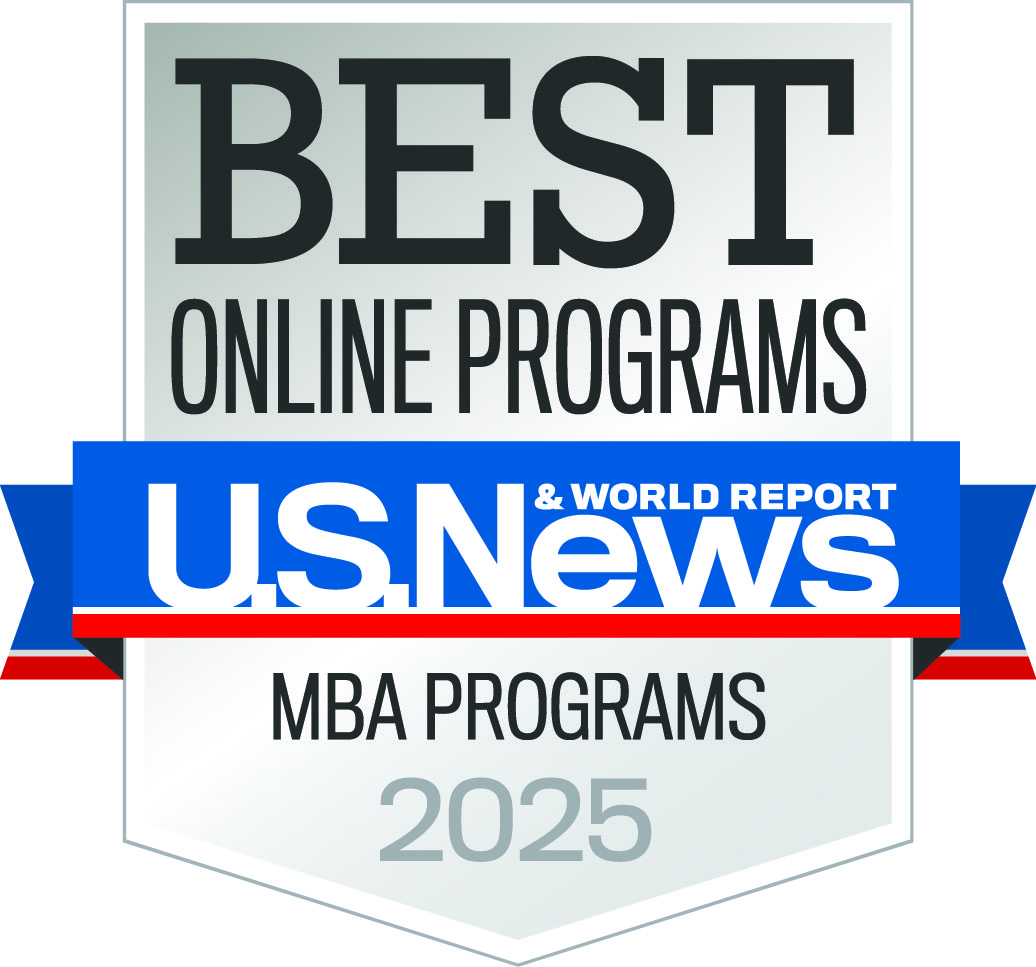
Executive Master of Accounting (EMAC) Tax Concentration

The Executive Master of Accounting (EMAC) with a Tax concentration offers unique learning opportunities for students pursuing careers in CPA firms, accounting and tax industries, and government agencies. The program provides a foundation for performing tax services during tax season, and for performing audits, consulting, or other types of services year-round.
Tax professionals are consistently in high demand due to the complex and ever-changing tax laws, regulations, and challenges that emerge regularly. They play a crucial role in helping individuals and businesses navigate tax compliance, minimize tax liabilities, and make informed financial decisions. The combined accounting and tax curriculum takes you far beyond simply filling out tax returns and into the areas of tax strategies and tax planning for wealthy individuals, corporations, and partnerships by expanding your knowledge in the areas of auditing and consulting, accounting information systems, and E-commerce.
Ultimately, pursuing a career in a Master of Accounting with a Tax concentration provides students with a competitive edge, a wide range of career opportunities, and the potential for professional growth and financial rewards.
Most students complete the program in two years while working full-time, although students with an undergraduate degree in accounting have the option of completing the program in as few as three semesters. The curriculum allows non-accounting undergraduate degreed students to complete the program by taking two to five additional courses built into the schedule. Therefore, prerequisites are not required outside of the program.
The program aims to provide flexibility and engagement by offering a combination of fully online, live-virtual and optional in-person once-a-month, to accommodate students’ commitments and preferences. Students can choose to attend the lectures synchronously and asynchronously. Those unable to join us once-a-month in person, or attend the live sessions on Saturdays, can still access the lecture recordings and benefit from the same content to complete the program 100% online. Attend your way!
Attendance Format:
- Fully Online: Access to recorded lectures 24/7
- Asynchronous, no set times for class attendance
- Live-Streamed: Weekly live-streamed lectures on Saturday mornings from anywhere around the world
- On-Campus: Attend optional in-person lectures (3 - 4 times per semester) on our Davie Campus once-a-month on Saturday (requires health immunization forms)
- Combine all three options at no extra cost to you
Program Duration:
- 12 – 36 months (1 - 3 years)
- 10 – 15 courses / 30 - 45 credits
Course Schedule and Time:
- Fall semesters: 2 courses (16 weeks)
- Spring semesters: 2 courses (16 weeks)
- Summer semesters: 1 course (12 weeks)
- Saturdays: 9:00 AM – 1:15 PM
- Lecture duration: 1 hour and 15 minutes per course
Optional Once-a-month Class Location:
- Join us on the FAU Davie Campus, in the state-of-the-art Davie West Facility
- Breakfast and lunch included
Tax Curriculum
Accounting Major
*Concepts of Federal Income Tax (TAX 6025) 3 credits
Prerequisites: Admission to College of Business master's program and ACG 2021 or ACG
6027.
Analysis of the principles of the Federal Income Tax. The relationship among statutes,
case law, congressional committee reports, and administrative pronouncements is emphasized.
A case approach is used. This course is not available to students who have completed TAX 4001 and 4011.
Or
Advanced Accounting Theory (ACG 6135) 3 credits
Prerequisites: Admission to College of Business master's program and ACG 6137 or ACG
3141. Prerequisite or Corequisite: Writing for Professional Accounting.
Analysis of trends in accounting through review of the major publications of the accounting
profession. Emphasis on the structure of accounting theory underlying the concepts
of assets and income determination.
Or
Forensic Accounting, Fraud and Taxation (ACG 6689) 3 credits
Prerequisites: ACG 2021 or ACG 6027.
Overview of the nature of tax fraud, its motivation, the manner by which it is effected,
and ways to detect this type of fraud. Also discussed is the proper manner in which
allegations of fraud should be investigated to meet the requirements of civil/criminal
court procedure.
Tax Research (TAX 6065) 3 credits
Prerequisites: Graduate standing and TAX 6025 or TAX 4001. Prerequisites or Corequisites:
TAX 6025.
Methods of researching tax problems and practical exercises in the uses of research
tools in locating, understanding, and interpreting source materials.
Corporate Taxation (TAX 6105) 3 credits
Prerequisites: Graduate standing and TAX 6025. Prerequisite or Corequisite: TAX 6065
Concepts and principles governing the Federal income taxation of corporations and
their shareholders. The source and application of U.S. tax authority as it relates
to the formation, operation and liquidation of a corporation. The S Corporation is
explored as an alternative to the regular corporation and other modes of operation.
Partnership Taxation (TAX 6205) 3 credits
Prerequisites: Graduate standing and TAX 6025. Prerequisite or Corequisite: TAX 6065.
Formation of a partnership, compensation of partners, taxing partnership income, and
transactions between related parties.
International Taxation (TAX 6525) 3 credits
Prerequisites: Graduate standing and TAX 6065 and (TAX 4011 or TAX 6105).
A survey of U.S. income tax laws applicable to U.S. citizens and corporations doing
business abroad, as well as to foreign taxpayers investing in the U.S.
IRS Practice and Procedures (TAX 6877) 3 credits
Prerequisites: Graduate standing and TAX 6025. Prerequisite or Corequisite: TAX 6065.
Training in tax practice and procedures with an emphasis on IRS rules, procedures
and techniques.
Communication Strategies for Professional Accountants (ACG 6396) 3 credits
Prerequisite: Admissions to Master's program in Accounting.
Focuses on the writing aspects of tax accounting; considers writing as an integral
part of tax practice and as an enhancement for critical thinking.
Advanced Accounting Information Systems (ACG 6475) 3 credits
Prerequisites: Admission to master's program in Accounting or permission of instructor
and ACG 2021 or ACG 6027. Prerequisite or Corequisite: Writing for Professional Accounting.
The study of computerized accounting information systems with emphasis on reporting
objectives, management needs, transaction trails, documentation, security, internal
controls, and the integration of accounting systems in the evaluation and selection
of software. Systems analysis techniques are discussed using the systems development
life cycle model.
Advanced Auditing Theory and Practice (ACG 6655) 3 credits
Prerequisites: Admission to College of Business master's program and ACG 4651 or ACG
6635.
A study of the concepts, assumptions, standards, and issues related to contemporary
auditing theory
and practice.
Accounting for E‐Commerce (ACG 6465) 3 credits
Prerequisite: Admission to College of Business master's program and ACG 2021 or ACG
6027.
This course covers e‐commerce topics of relevance for accounting and business students.
Topics include e-commerce security, attestation issues, XML, e‐commerce taxation,
and e‐commerce business valuation.
Business Major
Financial Reporting and Accounting Concepts (ACG 6137) 3 credits
Prerequisites: Admission to College of Business master's program and ACG 2021 or ACG
6027.
Course covers conceptual and applied issues in financial accounting. Students learn
to apply basic research skills in financial accounting with authoritative accounting
literature. This course is not available to students who have completed ACG 3131 and 3141.
Cost Accounting Theory and Practice (ACG 6347) 3 credits
Prerequisites: Admission to College of Business master's program and ACG 2021 or ACG
6027.
Accounting topics for managers, including budgeting, performance measurement, cost
analysis, balance scorecards, activity-based costing, and cost functions. This course is not available to students who have completed ACG 3341.
Auditing Theory and Practice (ACG 6635) 3 credits
Prerequisites: Admission to College of Business master's program and ACG 4401 or ACG
6475 and ACG 3141 or ACG 6137.
A study of the role of audits in society, the regulations of the auditing profession,
current issues in the profession, and the conduct of an attestation engagement. This course is not available to students who have completed ACG 4651.
*Concepts of Federal Income Tax (TAX 6025) 3 credits
Prerequisites: Admission to College of Business master's program and ACG 2021 or ACG
6027.
Analysis of the principles of the Federal Income Tax. The relationship among statutes,
case law, Congressional committee reports, and administrative pronouncements is emphasized.
A case approach is used. This course is not available to students who have completed TAX 4001 and 4011.
Or
Advanced Accounting Theory (ACG 6135) 3 credits
Prerequisites: Admission to College of Business master's program and ACG 6137 or ACG
3141. Prerequisite or Corequisite: Writing for Professional Accounting.
Analysis of trends in accounting through review of the major publications of the accounting
profession. Emphasis on the structure of accounting theory underlying the concepts
of assets and income determination.
Tax Research (TAX 6065) 3 credits
Prerequisites: Graduate standing and TAX 6025 or TAX 4001. Prerequisites or Corequisites:
TAX 6025.
Methods of researching tax problems and practical exercises in the uses of research
tools in locating, understanding, and interpreting source materials.
Corporate Taxation (TAX 6105) 3 credits
Prerequisites: Graduate standing and TAX 6025. Prerequisite or Corequisite: TAX 6065.
Concepts and principles governing the Federal income taxation of corporations and
their shareholders. The source and application of U.S. tax authority as it relates
to the formation, operation and liquidation of a corporation. The S Corporation is
explored as an alternative to the regular corporation and other modes of operation.
Partnership Taxation (TAX 6205) 3 credits
Prerequisites: Graduate standing and TAX 6025. Prerequisite or Corequisite: TAX 6065.
An intensive study of partnership taxation covering such topics as the definition
of a partnership, formation of a partnership, compensation of partners, taxing partnership
income, and transactions between related parties.
International Taxation (TAX 6525) 3 credits
Prerequisites: Graduate standing and TAX 6065 and (TAX 4011 or TAX 6105).
A survey of U.S. income tax laws applicable to U.S. citizens and corporations doing
business abroad, as well as to foreign taxpayers investing in the U.S.
IRS Practice and Procedures (TAX 6877) 3 credits
Prerequisites: Graduate standing and TAX 6025. Prerequisite or Corequisite: TAX 6065.
Training in tax practice and procedures with an emphasis on IRS rules, procedures
and techniques.
Communication Strategies for Professional Accountants (ACG 6396-XPRO) 3 credits
Prerequisite: Admission to master's program in Accounting.
This course places students in a semester-long project that simulates situations encountered
by accountants in their careers. It prepares them to respond strategically and professionally
to various stakeholders to: (a) think critically, (b) write accurately and concisely,
and (c) speak effectively and confidently.
Advanced Accounting Information Systems (ACG 6475) 3 credits
Prerequisites: Admission to master's program in Accounting or permission of instructor
and ACG 2021 or ACG 6027. Prerequisite or Corequisite: Writing for Professional Accounting.
The study of computerized accounting information systems with emphasis on reporting
objectives, management needs, transaction trails, documentation, security, internal
controls, and the integration of accounting systems in the evaluation and selection
of software. Systems analysis techniques are discussed using the systems development
life cycle model.
Advanced Auditing Theory and Practice (ACG 6655) 3 credits
Prerequisites: Admission to College of Business master's program and ACG 4651 or ACG
6635.
A study of the concepts, assumptions, standards, and issues related to contemporary
auditing theory and practice.
Accounting for E-Commerce (ACG 6465) 3 credits
Prerequisite: Admission to College of Business master's program and ACG 2021 or ACG
6027.
This course covers e-commerce topics of relevance for accounting and business students.
Topics include e- commerce security, attestation issues, XML, e-commerce taxation,
and e-commerce business valuation.
Non-Business Major
Financial Accounting Concepts (ACG 6027) 3 credits
Prerequisite: Graduate standing.
Principles applicable to the accounting cycle, asset valuation, income determination,
financial reporting, basic business taxes, and owner's equity. Available only to graduate students lacking an undergraduate course in accounting
(ACG 2021).
Financial Management (FIN 6406) 3 credits
Prerequisites: Graduate standing, financial accounting principles.
Tools and applications of financial analysis and forecasting, investment policy, financing
policy, and working capital policy. Open only to graduate students lacking an undergraduate course in Finance (FIN 3403).
Financial Reporting and Accounting Concepts (ACG 6137) 3 credits
Prerequisites: Admission to College of Business master's program and ACG 2021 or ACG
6027.
Course covers conceptual and applied issues in financial accounting. Students learn
to apply basic research skills in financial accounting with authoritative accounting
literature. This course is not available to students who have completed ACG 3131 and 3141.
Cost Accounting Theory and Practice (ACG 6347) 3 credits
Prerequisites: Admission to College of Business master's program and ACG 2021 or ACG
6027.
Accounting topics for managers, including budgeting, performance measurement, cost
analysis, balance scorecards, activity-based costing, and cost functions. This course is not available to students who have completed ACG 3341.
Auditing Theory and Practice (ACG 6635) 3 credits
Prerequisites: Admission to College of Business master's program and ACG 4401 or ACG
6475 and ACG 3141 or ACG 6137
A study of the role of audits in society, the regulations of the auditing profession,
current issues in the profession, and the conduct of an attestation engagement. This course is not available to students who have completed ACG 4651.
*Concepts of Federal Income Tax (TAX 6025) 3 credits
Prerequisites: Admission to College of Business master's program and ACG 2021 or ACG
6027.
Analysis of the principles of the Federal Income Tax. The relationship among statutes,
case law, congressional committee reports, and administrative pronouncements is emphasized.
A case approach is used. This course is not available to students who have completed TAX 4001 and 4011.
Or
Advanced Accounting Theory (ACG 6135) 3 credits
Prerequisites: Admission to College of Business master's program and ACG 6137 or ACG
3141. Prerequisite or Corequisite: Writing for Professional Accounting.
Analysis of trends in accounting through review of the major publications of the accounting
profession. Emphasis on the structure of accounting theory underlying the concepts
of assets and income determination.
Tax Research (TAX 6065) 3 credits
Prerequisites: Graduate standing and TAX 6025 or TAX 4001. Prerequisites or Corequisites:
TAX 6025.
Methods of researching tax problems and practical exercises in the uses of research
tools in locating, understanding, and interpreting source materials.
Corporate Taxation (TAX 6105) 3 credits
Prerequisites: Graduate standing and TAX 6025. Prerequisite or Corequisite: TAX 6065.
Concepts and principles governing the Federal income taxation of corporations and
their shareholders. The source and application of U.S. tax authority as it relates
to the formation, operation and liquidation of a corporation. The S Corporation is
explored as an alternative to the regular corporation and other modes of operation.
Partnership Taxation (TAX 6205) 3 credits
Prerequisites: Graduate standing and TAX 6025. Prerequisite or Corequisite: TAX 6065.
An intensive study of partnership taxation covering such topics as the definition
of a partnership, formation of a partnership, compensation of partners, taxing partnership
income, and transactions between related parties.
International Taxation (TAX 6525) 3 credits
Prerequisites: Graduate standing and TAX 6065 and (TAX 4011 or TAX 6105).
A survey of U.S. income tax laws applicable to U.S. citizens and corporations doing
business abroad, as well as to foreign taxpayers investing in the U.S.
IRS Practice and Procedures (TAX 6877) 3 credits
Prerequisites: Graduate standing and TAX 6025. Prerequisite or Corequisite: TAX 6065.
Training in tax practice and procedures with an emphasis on IRS rules, procedures
and techniques.
Advanced Accounting Information Systems (ACG 6475) 3 credits
Prerequisites: Admission to master's program in Accounting or permission of instructor
and ACG 2021 or ACG 6027. Prerequisite or Corequisite: Writing for Professional Accounting.
The study of computerized accounting information systems with emphasis on reporting
objectives, management needs, transaction trails, documentation, security, internal
controls, and the integration of accounting systems in the evaluation and selection
of software. Systems analysis techniques are discussed using the systems development
life cycle model.
Advanced Auditing Theory and Practice (ACG 6655) 3 credits
Prerequisites: Admission to College of Business master's program and ACG 4651 or ACG
6635.
A study of the concepts, assumptions, standards, and issues related to contemporary
auditing theory and practice.
Accounting for E‐Commerce (ACG 6465) 3 credits
Prerequisite: Admission to College of Business master's program and ACG 2021 or ACG
6027.
This course covers e‐commerce topics of relevance for accounting and business students.
Topics include e-commerce security, attestation issues, XML, e‐commerce taxation,
and e‐commerce business valuation.
Communication Strategies for Professional Accountants (ACG 6396) 3 credits
Prerequisite: Admission to master's program in Accounting.
This course places students in a semester‐long project that simulates situations encountered
by accountants in their careers. It prepares them to respond strategically and professionally
to various stakeholders to: (a) think critically, (b) write accurately and concisely,
and (c) speak effectively and confidently.
